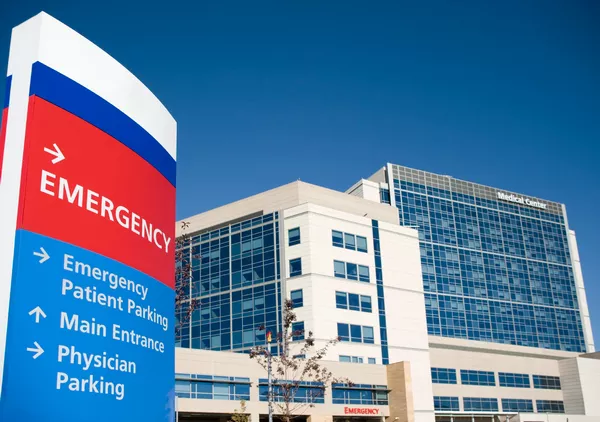The World Health Organization (WHO) launched a $1.5 billion emergency appeal on Monday to provide care for more than 87 million people facing ongoing crises in 41 locations, including the occupied Palestinian territories, Ukraine, Sudan, Syria and the Horn of Africa.
The call comes against a backdrop of climate change, drought and extreme weather events exacerbating food insecurity, conflict and displacement, leading to more complex health emergencies. WHO emphasizes that every humanitarian crisis is a health crisis and that every dollar invested in their efforts generates a return on investment of at least $35.
Director-General Tedros Adhanom Ghebreyesus urged donors and governments to increase support, saying: “There are only two ways to reduce the human suffering of a health crisis: increase funding or reduce demand. Neither of which is currently happening.”
Martin Griffiths, United Nations Coordinator for Humanitarian Affairs and Emergency Relief, echoed the call, stressing its importance to protecting the health of the most vulnerable and preventing the global health crisis from deepening.
Global health faces unprecedented threats, with more than 1,300 attacks on healthcare reported in 19 countries last year, resulting in more than 700 deaths and 1,100 injuries among health workers and patients. The ongoing conflict between Hamas and Israel has seen more than 624 attacks on health care in the occupied Palestinian territories, resulting in numerous casualties.
Dr. Mike Ryan, head of WHO’s health emergencies program, emphasized that health care has become a deliberate war strategy, depriving people of basic services and exacerbating terrorist activities. This trend is alarming.
Next month Ukraine will mark the second anniversary of Russia’s invasion of Ukraine, which has seen more than 1,400 attacks on health infrastructure since the conflict began. Dennis Brown, the top U.N. humanitarian official in the country, stressed the fundamental role of health care in maintaining a sense of community and urged the WHO and other agencies to continue providing support.


